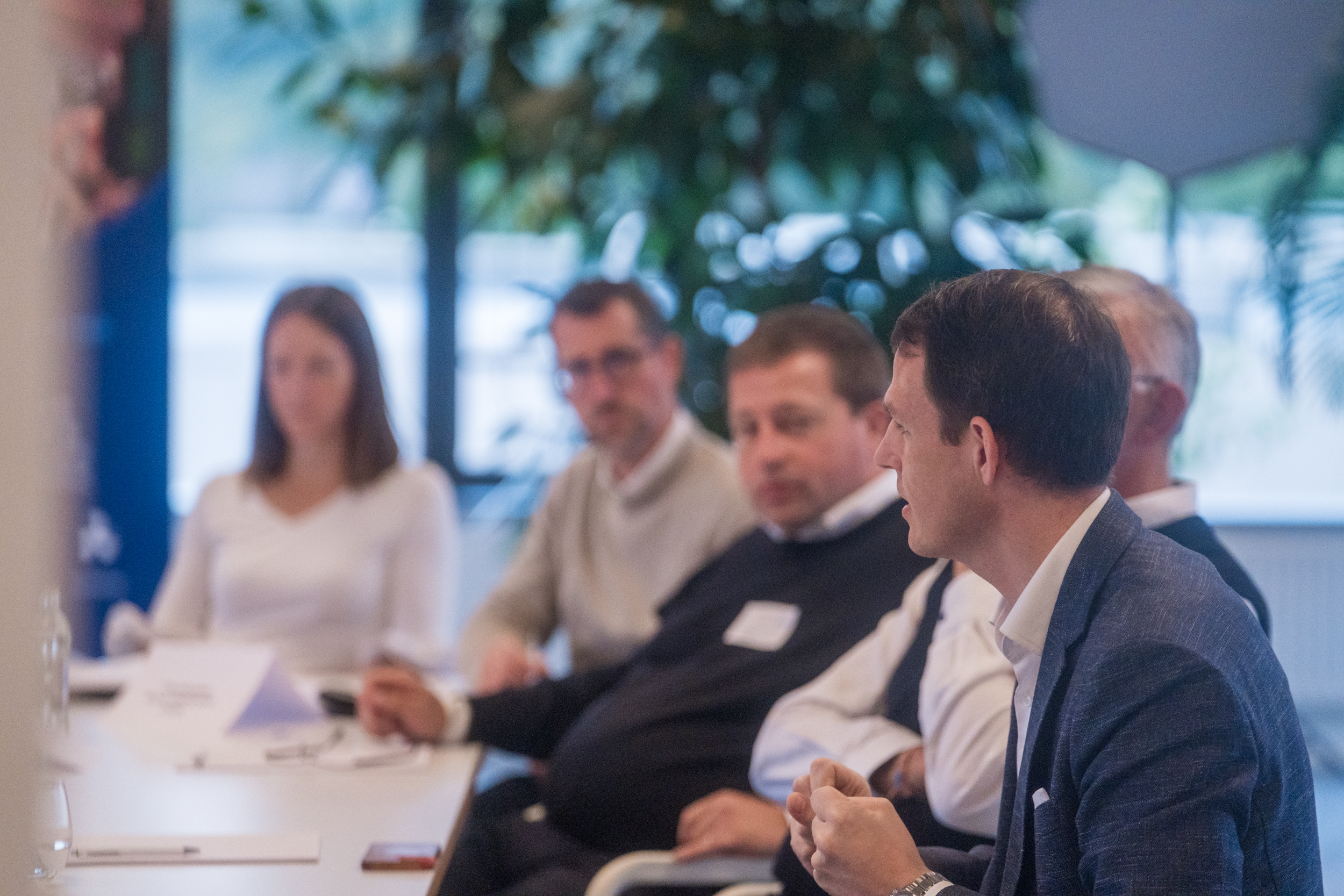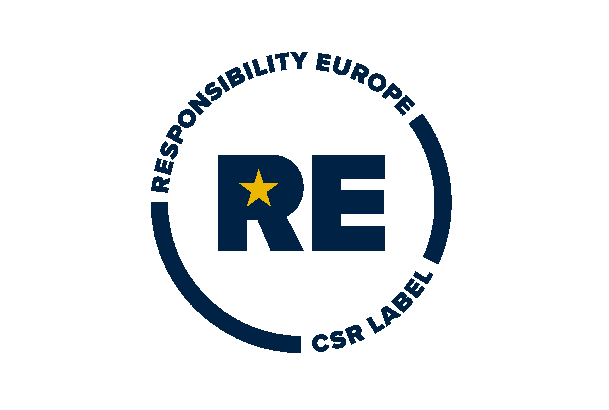Self-entrepreneurship to accompany change
The socio-economic situation has had a strong impact on employment policy; in order to take a responsible approach, you need to question the nature of people's relationship to work. Indeed, in the past companies have generally been built on the basis of post-war protective values and the resulting idea that stable and permanent employment should be the goal. Such existing rules of social law and the way in which the social partners relate to each other have a profound effect on employment policy. However laudable it may be, the idea of guaranteed permanent employment seems difficult to defend today.
Social expectations and the company organisation must therefore be adapted towards a model that promotes activity rather than employment. A responsible company must be able to offer solutions adapted to each employee and each work situation. In this case, CSR (Corporate Social Responsibility) encourages the organisation to provide an employee with the means to maintain his or her employability rather than focusing on employment. The idea of “flexicurity” thus appears to be an interesting avenue for a new social consensus.
In addition, the concept of the self-employed entrepreneur should also be borne in mind, because of the dynamics it entails. Indeed, it leads to a greater involvement of employees and encourages individual and collective initiatives. Four new ways of approaching the relationship at work are emerging: dialogue with the community, reconciliation of professional and personal time, workforce diversity, and control and monitoring as empowering factors.
Thus, all aspects of human resources management are impacted by these new currents of thought: employment, salary, volume and organisation of work, skills, etc. Forward-looking management of jobs and skills is becoming a pillar for accompanying companies through a period of change.
Nevertheless, not all employees are equal and able to act and react successfully. During a period of reduced economic stability, difficult moments in professional and personal life become are more likely to occur. A responsible company must thus also demonstrate solidarity with those who are less fortunate and facilitate the management of these moments of transition. It is not a question of providing permanent assistance, but of being available for those dealing with possible “accidents in life” by offering internal support or by using external professionals (consultants, coaches, psychologists, etc.). In this sense, Be Yourself offers a personalised approach to support individuals in their professional development and help them strengthen their self-esteem.
Implementing a CSR strategy is more of an approach than a choice of targeted actions. It implies two sine qua nonconditions, namely:
- Accepting the right to question established practices in order to take the company’s new challenges into account,
- Demonstrating an ability to generate innovation and courage.
CSR offers human resources management a new role of openness, consultation and leadership.
MindForest committed itself to the objective of remaining a responsible, sustainable and efficient company by obtaining the ESR label in April 2015.
"Commitment to sustainable development is no longer a choice”
Nicolas Palau
WANT TO RECEIVE OUR LATEST THOUGHT LEADERSHIP CONTENT?
Related posts
 Digital Transformation and Change Management: Lessons shared in an event hosted by Cebi and MindForest
Digital Transformation and Change Management: Lessons shared in an event hosted by Cebi and MindForest
 Can Engagement Help Reduce Absenteeism?
Can Engagement Help Reduce Absenteeism?
 Daring to Lead Positive Transformation: What If you explored a disruptive approach to Change with Appreciative Inquiry?
Daring to Lead Positive Transformation: What If you explored a disruptive approach to Change with Appreciative Inquiry?
 Have you Examined the Advantages of Working with Data Analytics yet?
Have you Examined the Advantages of Working with Data Analytics yet?
 Daring to Lead Positive Transformation: How can you implement and manage positive change with success?
Daring to Lead Positive Transformation: How can you implement and manage positive change with success?




